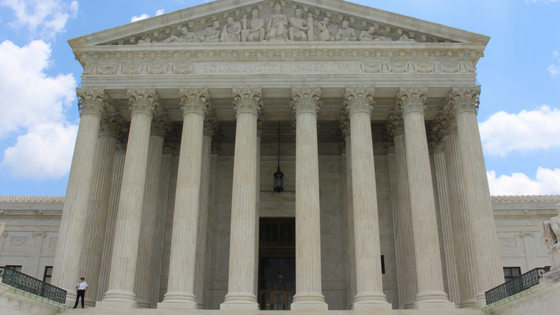Crunch San Diego has asked the Court of Appeals for the Ninth Circuit to stay its ruling in a Telephone Consumer Protection Act case so it can request a hearing before the Supreme Court.
The Ninth Circuit ruled in September that Crunch violated the TCPA when it sent text messages to an individual using an automatic telephone dialing system without the individual’s consent. The Ninth Circuit’s ruling overturned a lower court ruling and determined that an ATDS is any device that “stores telephone numbers to be called, whether or not those numbers have been generated by a random or sequential number generator.” That definition contradicts what other courts have ruled, which is a reason why Crunch is planning to petition the Supreme Court to review the case.
Once a petition for a hearing is filed with the Supreme Court, it will then make a decision whether it wishes to intervene in the case or not. If the Supreme Court chooses not to hear arguments in the case, then the Ninth Circuit’s ruling will stand as the law of the land, at least within its geographic boundaries. Other Circuits would be free to either follow the ruling in the Ninth Circuit or make their own decisions in cases involving ATDS’s.
A copy of the motion filed earlier this week with the Ninth Circuit can be accessed by clicking here.
This Court should grant Crunch’s motion for a 90-day stay of the mandate pending the filing of its petition for a writ of certiorari because the petition will present substantial questions pertaining to whether the definition of an ATDS under the TCPA can be broadly construed such that any equipment or device that can store phone numbers and automatically dial them constitutes an ATDS, even if it lacks the capacity to generate random or sequential phone numbers, as provided in the statute. The panel’s broad reading of the statutory definition of an ATDS creates a circuit split with recent rulings from the Third and D.C. Circuits, which construe the provision more narrowly, and potentially the Eleventh Circuit, which is considering the definition on appeal.
Given the widespread disagreement among the circuits over the proper definition of an ATDS, coupled with the large number of new TCPA cases filed each year—4,860 in 2016 and 4,392 in 20171—Crunch submits that the Supreme Court is in the best position to resolve the current circuit split and provide guidance on interpretation of the statute.
It was noted in the motion that the plaintiff did not oppose the request for a 90-day stay while the request for a hearing was put before the Supreme Court. The Ninth Circuit has already denied a request from the defendant seeking an en banc hearing in the case. The Ninth Circuit’s ruling was due to go into effect on Nov. 6.









